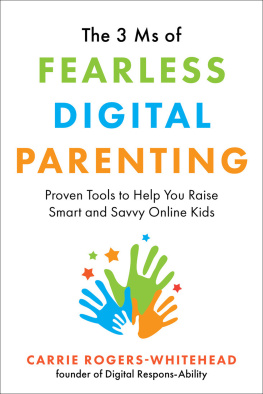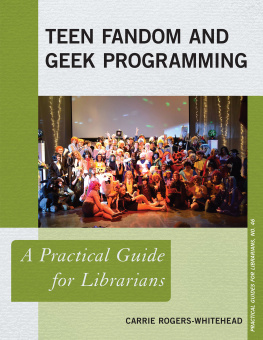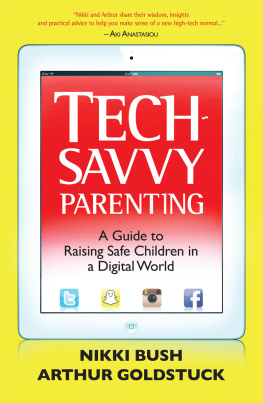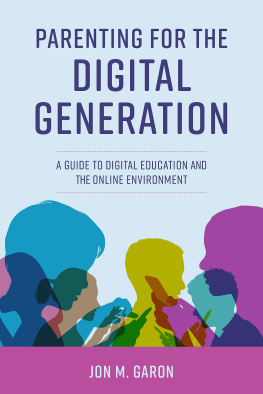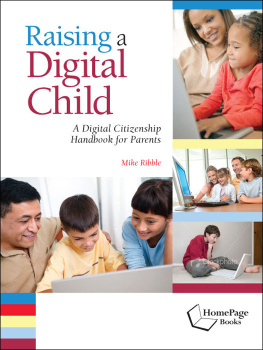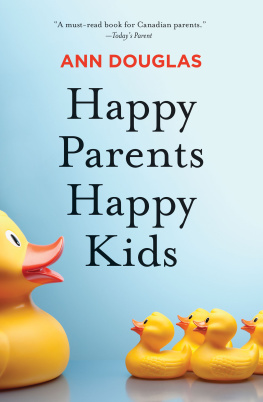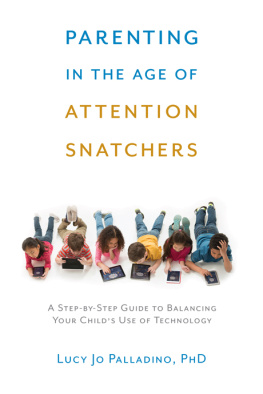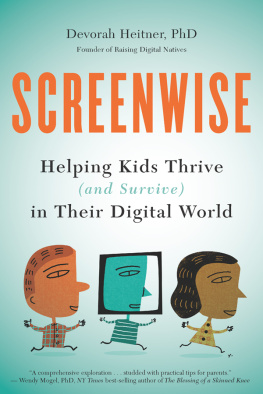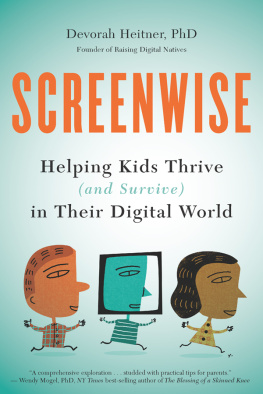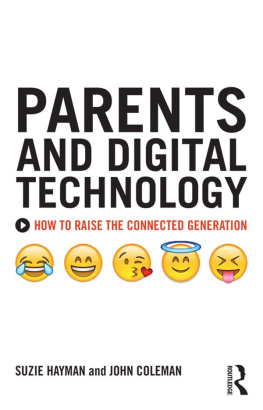

Copyright 2021 by Carrie Rogers-Whitehead
All rights reserved. No part of this book may be reproduced in any manner without the express written consent of the publisher, except in the case of brief excerpts in critical reviews or articles. All inquiries should be addressed to Skyhorse Publishing, 307 West 36th Street, 11th Floor, New York, NY 10018.
Skyhorse Publishing books may be purchased in bulk at special discounts for sales promotion, corporate gifts, fund-raising, or educational purposes. Special editions can also be created to specifications. For details, contact the Special Sales Department, Skyhorse Publishing, 307 West 36th Street, 11th Floor, New York, NY 10018 or .
Skyhorse and Skyhorse Publishing are registered trademarks of Skyhorse Publishing, Inc., a Delaware corporation.
Visit our website at www.skyhorsepublishing.com.
10 9 8 7 6 5 4 3 2 1
Library of Congress Cataloging-in-Publication Data is available on file.
Cover design by Daniel Brount
Cover illustration by Shutterstock
Print ISBN: 978-1-5107-6372-2
Ebook ISBN: 978-1-5107-6373-9
Printed in the United States of America
For my parents, who supported my dreams and, through their example, helped make me a better digital parent .
Table of Contents
Chapter 1
Parenting without Fear
C ARLY is afraid. She has two teenagers at home, each with their own phone. She has persistent, recurring thoughts about tech use in the home. She thinks that she made a mistake giving each of them a phone. (Are they too young for their own phones? Did they really need them?) She wonders what they are doing online. (Who are they talking to? Are they being bullied?) She worries that they arent getting enough sleep or exercise. (When did they get to bed last night? Shouldnt they be outside more?) She frets about their grades this semesterand college admissions. She stresses about their social livesand if she will ever be a grandma. Her thoughts consume the in-between spaces of the day. Sometimes she cant fall asleep. Sometimes she snaps at her teens. Sometimes she neglects her husband and friends.
I have seen other parents like Carly in my consulting work with parents. When I ask them about their concerns on the topic of digital parenting, their words spill out, barely contained. They worry about the past, present and future; they worry about their worries.
I get those worries too as a parent. Those little slithering thoughts that slide into my brain randomly through the day, but mostly at night when all is still. Should I sign my kid up for a music class? I should be buying more vegetables. He was coughing last night, is he getting sick? I think hes growing out of his shoes .
Parenting can be an ongoing monologue of things to do and think. The shoulds fill our brain and are difficult to shut off. It takes intense concentration and focus to reframe and mitigate those thoughts. Sometimes were too tired to have a particular battle that day.
Why Are We Afraid?
Media Hyperbole
Here is a sampling of media headlines about technology in early 2020:
Local expert warns about dangers of popular social media apps
KSNT News
New online trend Outlet Challenge poses dangers and threat
WITN News
Protecting your kids from child predators: how police investigate and what parents can do
KOKH FOX 25 News
Parents warned of dangers as TikTok skull breaker challenge goes viral
Independent Online
They coerced girls on Instagram, Snapchat to send sexually explicit images, police say
The Modesto Bee
4 social media scams that could cost you
KSL News
That last headline was mine, but I didnt choose it, my editor did. Headlines are very specifically written to get attention. I can suggest headlines as the authorbut my suggestions are not as popular. It would more accurately be titled Strategies to keep your money safe. But you wouldnt know that from the headline.
Heres another article headline: If your kids are using anonymous messaging app Lipsi, they probably shouldnt. This is from a piece I wrote in late 2018 that I originally titled the very straightforward Lipsi App review. But that wouldnt get hits.
Headlines are misleading, but we cant just blame the media for this, we have to point the finger at ourselves. People want their news fast and free. People are also inundated with news. There is increasing competition for eyes and clicks. And there is an increased workload for editors and journalists.
Take my editor on KSL, for example. She has to oversee not only the tech section, but also family and religion. Her duties also include responding to breaking events, helping out other news departments, editing contributors articles, researching her own pieces, and posting multiple times a day on social media. Its a huge workload. If youre already overworked, youre going to spend the most time on the stories that get the most views.
If I can get double the hits on a piece for something scary and titillating, Im going to do that. But because Im not a full-time journalist, I can afford to write on more esoteric topics like digital inclusion. I remember a few years ago I spent many hours interviewing and writing up a well-researched article on what my city is doing to aid in digital inclusion. I was very proud, but the article did not get very many views.
The most popular article Ive written for KSL as of now was one about the dark web. My other most popular stories are app reviews or stories of tech trends typically with a oh-no-what-is-this-new-thing slant. Scary and sensational sells, so we write more scary or sensational headlines. Its basic supply and demandpeople demand more fear-based articles, so journalists deliver. If my well-researched and tech-positive digital inclusion story got more views, there would be more requests for me to write that type of piece.
Just because there are more scary headlines doesnt mean that there are more scary apps or tech out there. Were only seeing one side of the story. And were not always reading the whole story. If you read deeply into my Lipsi article, near the end I write about some pros of the app. But you would never know that if you just read the headline.
Modern-Life Anxieties
Work stress and lack of leisure time can affect our physical and mental health. In the United States alone, there are no federal laws that limit the maximum length of the workweek. There are also no laws requiring paid sick days or maternity leave. (The US is the only industrialized country in the entire world that has no legally mandated leave.) In the United States, 85.8 percent of men and 66.5 percent of women work more than 40 hours a week. We are overworked. We are tired. Its harder to calm our brains and fears when we are running from one thing to another.
When you go to work, youre told what time to get there, what tasks to perform, when you can leave, what you can and cant wear, and much more. We do not have much control over our work life. We have bosses and responsibilities and bills. When we feel out of control in the workplace, we may try even harder to control what we can in our home life, such as making sure dinner is perfect, or the house looks just so. Maybe we become more vigilant about our own calorie counts or spending. Perhaps it comes out in our parenting.
This book will ask a lot of self-reflective questions to help you think about your parenting. Not only to answer the question: How can I get my child to comply? but also Why is this important to me? Are you creating rules and boundaries about technology because its important for you to be in control, because you feel uncomfortable around your own tech use, or because technology truly is impacting your family life?
Next page
